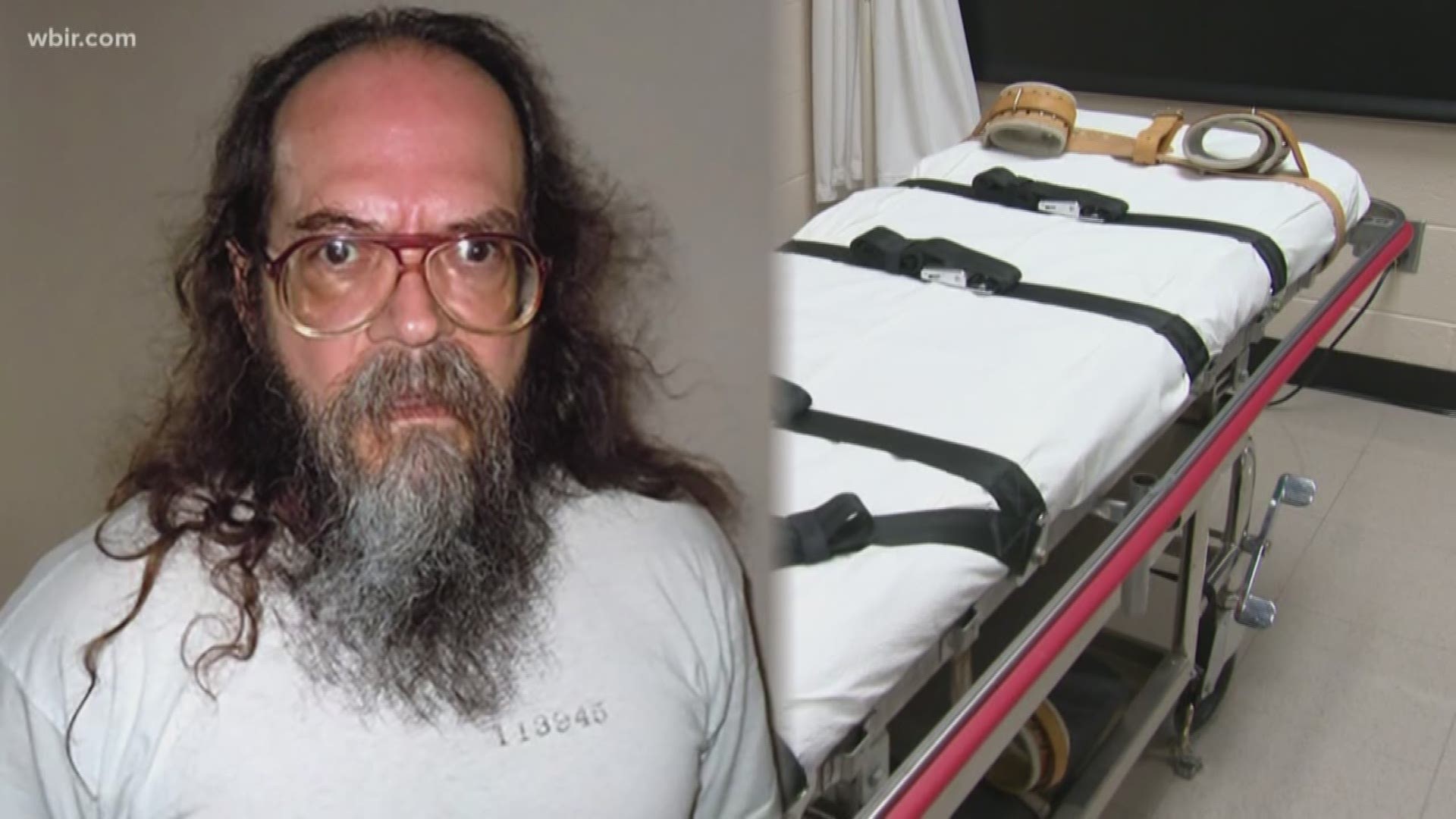Attorneys and advocates have a legitimate fear ahead of Billy Ray Irick's execution Thursday: What if the lethal injection drugs don't work?
The state procedure is clear: Administer another round of the lethal drugs to see if that will end Irick's life.
Irick, 59, was convicted in 1986 of raping and murdering Paula Dyer, a 7-year-old Knox County girl. The state plans to inject three drugs into Irick's body Thursday night, conducting its first execution since 2009.
REMEMBERING WHY: 1985 rape and murder of 7-year-old Paula Dyer
While the Tennessee Department of Correction and Tennessee attorney general argue they have a protocol in place that will humanely kill Irick, botched executions in other states and expert analysis show there is always a risk that something goes awry.
In a recent trial, Irick and 32 other death row offenders argued the first drug in the protocol, midazolam, does not always render an inmate unconscious or unable to feel pain. If it doesn't work, the administration of the second and third drugs will violate the Constitution by torturing Irick to death, his attorneys said.
While a Davidson County judge agreed Irick may feel pain, she did not determine that pain would rise to the level of torture.
The Department of Correction's lethal injection protocol does have a contingency in case the lethal injection drugs don't work.
After the condemned is on the gurney in the execution chamber, prison staff put an intravenous line in the elbow pit of each arm. If the staff can't properly insert the IV in this area, they must try inserting the IV in the forearm, wrist, back of the hand, top of the foot, ankle, lower leg or other area.
There is a primary and secondary set of lethal injection drugs on hand. If the first IV line stops working, protocol mandates the executioner must switch to the secondary IV and restart the lethal injection process using back-up syringes.
The executioner follows a similar procedure if the condemned is still conscious after administration of the midazolam.
Once the second and third drugs are administered, a doctor checks to see if the condemned is dead. If the inmate is still alive, the lethal injection process starts over using the back-up syringes.
The process doesn't clarify what happens if the second IV stops working or if the inmate is not dead after administration of the back-up syringes.
Irick is set to die Thursday evening. He and his attorneys have asked the U.S. Supreme Court and the U.S. District Court for Middle Tennessee to delay his execution.

